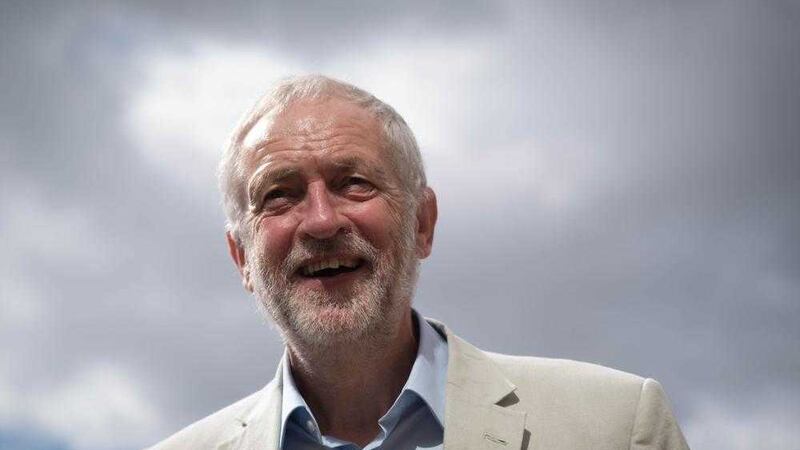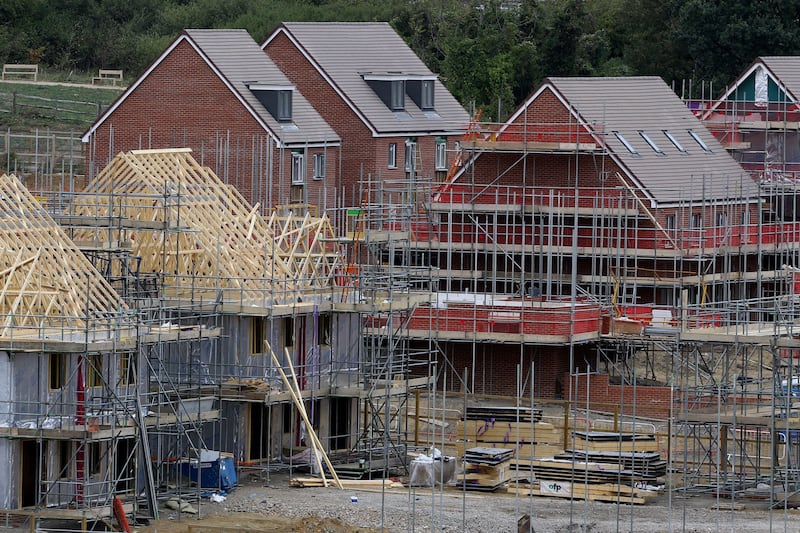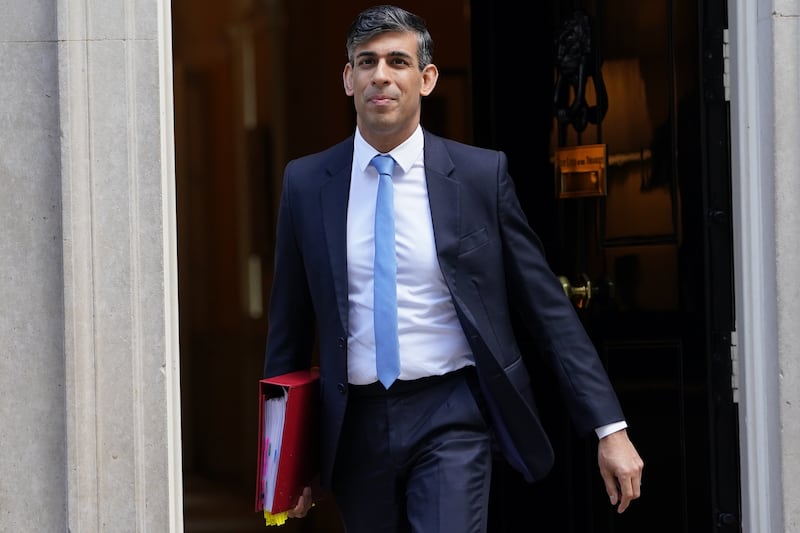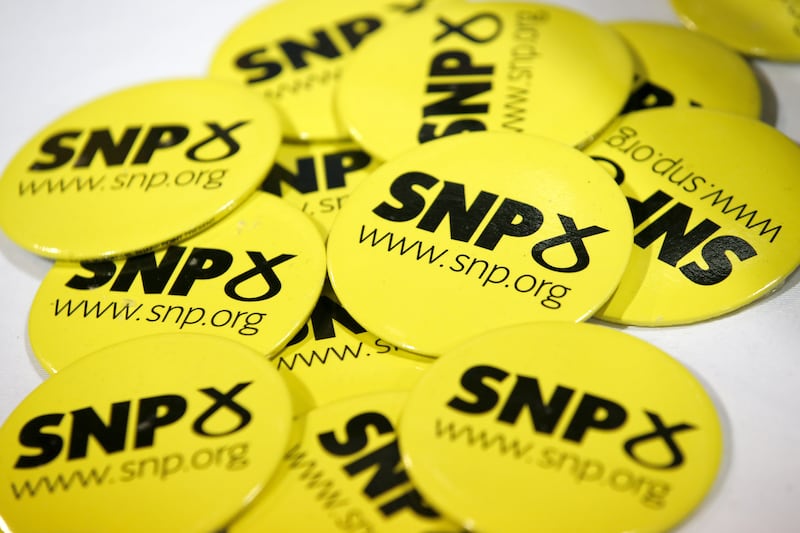Oh good, there is going to be a revolution.
Britain's Socialist Party has suggested as much, so it must be true. "The lava of this revolution is still hot," the party says, which would tempt you to suggest that its members might like to get out more.
I am not sure if the revolution will be televised. You know the sort of thing: the rich being dragged off to prison and the working class running the place - all in high definition, with slow motion replays and a panel of experts in the studio.
The party was referring to the flood of applications to join the Labour Party, which has already enrolled 300,000 new members this year. Some of these new entrants are Socialist Party members and therefore described as Trotskyists.
Among the new members there may also be Stalinists, anarchists and syndicalists which, you might think, represent enough "-ists" to organise a revolution. However, they would be more likely to engage a series of ideological splits, which not even Irish republicans could match.
A more likely scenario is that the vast bulk of those flocking to the Labour Party are ordinary people who support nothing more than a generally left wing approach to politics. So the chances of a revolution are pretty slim. After all, the British don't do revolution. The Irish don't do it either, but they often confused rebellion with revolution, so they thought they did.
But there is something unusual going on in British politics. Allowing for a sprinkling of "-ists", up to one quarter of a million people have joined a political party. Most of them would appear to support Jeremy Corbyn.
So, after almost 40 years of right wing governments in Britain, why should there be such support for a far-leftleader of the Labour Party? The answer appears to be that while Britain is nowhere close to revolution, it is certainly experiencing a political backlash against the failures of both Conservative and Labour to govern with fairness, equity or even the odd bit of humanity.
Although this new trend is described as being pro-Corbyn, it is more significantly against what is called neo-liberalism, the economic theory behind austerity. Introduced into Britain by Margaret Thatcher, it argues that the ideal form of human relationship is competition, which is best facilitated by government allowing a free market system to deliver goods and services. (We were too busy killing each other here to notice its arrival.)
The Keynesian economics of the strike-ridden 1970s was replaced by less state involvement in the economy, a trend encouraged by the fall of communism. But this new system is now in disarray. It led to the banking collapse, a situation in which unearned income (from hedge funds and investments) now matches earned income and an unregulated market, which is clearly contributing to several social problems, including childhood obesity.
Meanwhile, we can clearly see the slow collapse of public health and education and resurgent child poverty - and all the while our schools teach competition through entrepreneurship, but not sharing through co-operatives.
As a result of these policies, Britain is the only G7 country in which inequality has increased this century. As the most devoted disciple of neoliberalism, it has become the loneliness capital of Europe. It is close to the bottom of EU league for countries in which individuals feel they have someone to turn to in time of need. Mrs Thatcher's belief that there is no such thing as society has finally come true.
Jeremy Corbyn's stance against these problems is attracting support, despite his rather poor leadership style and his even worse communication skills. Most of his followers are not revolutionaries and this is not a traditional revolt based on strikes and the self-centred interests of many trade unions. It is a socially-driven demand for political change - the same one which swung the Brexit vote against the EU's support for austerity.
Political parties here have yet to indicate that they recognise the demand for change in Britain. It will be interesting to see how they react. Mr Corbyn, for example, advocates third level education grants for the poorest students, which would be paid for by increasing corporation tax. Would any Stormont party like to support that policy?
How this growing demand for change will influence British politics is hard to determine. But here it offers the opportunity for debate on a new type of economic policy and a new type of society in the context of the opportunities created by Brexit. Now that would be something worth televising.









